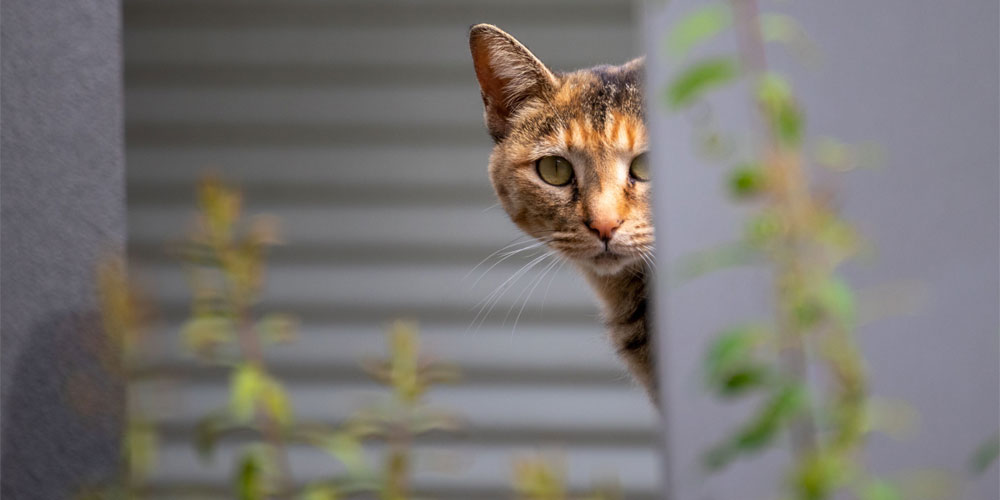
JERSEY CITY, NJ – Under the Department of Health and Human Services (HHS), Jersey City’s Division of Animal Care and Control and the Partnership for a Healthier JC are creating critical partnerships with active cat colony caregivers to address the humane treatment of community cats and establish much-needed support for the animal rescue groups. Utilizing a $90,000 state grant awarded to HHS, the initiative to improve public health and save cats' lives will also take the burden off taxpayers by using fewer public resources.
“Our goal is to assist the people in the community with the critical and compassionate work they do to maintain a healthy city,” said Mayor Steven M. Fulop. “HHS is providing the structure, oversight, and grant funding necessary to implement the initiative citywide.”
Because community cats are not immunized, they can pose concerns to others. According to HHS Director Stacey Flanagan, “There are also important public health issues being addressed with our TNR initiative. When cat colonies are vaccinated against rabies, house pets won’t contract the disease either.”
Since the city took over the animal shelter operations on January 1st, Animal Care and Control has worked to establish vital partnerships with cat colony caregivers and similar valued community groups. This past month alone, HHS’s efforts to Clear the Shelters resulted in 74 adoptions, including 14 dogs and 60 cats/kittens.
This latest public health initiative began in May to identify and meet with community members who had independently stepped up over the years to feed and care for outdoor cat colonies throughout Jersey City. These individuals are critical eyes and ears on the ground and are best positioned to track the cat colonies’ composition, size, distribution, and health.
To date, 18 Cat Colonies across Jersey City have received as part of the grant. Over 300 cats have already been trapped, neutered, and released, and they have been vaccinated against rabies and treated for any other medical issues. TNR is proven to be the most effective way to contain and reduce the cat population. To keep the momentum going, the city will also provide each Cat Colony with 20 free spay/neuter surgeries over the next three months.
Independent cat colony managers can establish themselves as formal community organizations by joining the Partnership for a Healthier JC. The Healthier JC grants will help fund their efforts towards improved health by providing basic veterinary services, maintaining clean feeding stations, and conducting Trap, Neuter, Release (TNR) within their colonies.
Natalie Stiefvater with PAD PAWS Rescue, an adult cat rescue group, is enthusiastic about the program. “We know that if people spayed/neutered and cared for their own pets, there would be fewer community cats and friendly cats left abandoned on the street. It’s not a cat’s fault if its owner is neglectful. Now, with the Jersey City Animal Care and Control TNR initiative, we can receive the support necessary to do more to help.”
Community cats have been cared for in cat colonies by individuals who want to keep the animals from starving or suffering from disease. Since most of these cats aren’t adoptable, well-managed cat colonies allow them to live in the territory they are accustomed to while avoiding expenditures for intake, housing, handling, feeding, and, when unavoidable, euthanasia.
For more information about the Partnership for a Healthier JC, please go to www.healthierjc.com.
